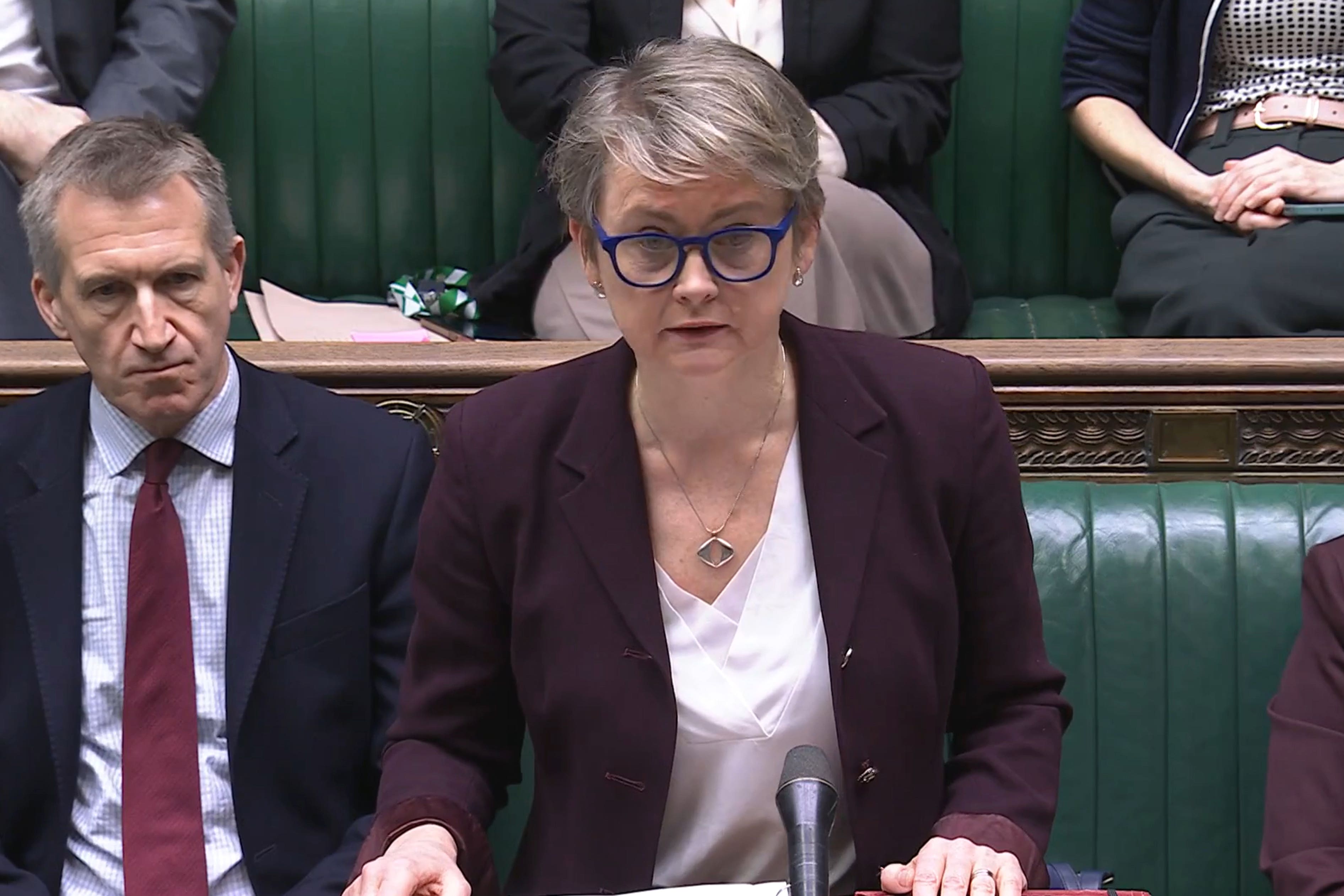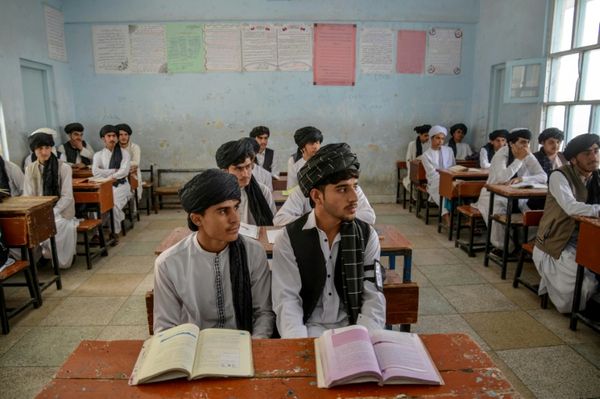The former chair of the child sexual abuse inquiry has hit out at the response of the Tory government to her recommendations, saying: “It was awful.”
Professor Alexis Jay told MPs on Tuesday that she was hugely disappointed to read the government’s official response to her suggestions, which were the culmination of an independent seven-year inquiry that sought to get to the bottom of institutional failings across England and Wales.
She told the Home Affairs Committee: “When we got the final printed version of the government’s response, it was inconsequential, insubstantial, committed to nothing.”
She said the Tory government’s response “made no specific commitment” to her recommendations, adding: “The reaction of all of us, but mostly victims and survivors, was such huge disappointment and anger.”
The response was published in May 2023, when Suella Braverman was home secretary.
Prof Jay said the only recommendation acted upon was a requirement for people to report child sexual abuse, but said this was watered down and ultimately not enacted because of the general election.
Home secretary Yvette Cooper has now pledged to enact all 20 recommendations from the independent inquiry into child sexual abuse, with a timetable of when this will happen to be published before Easter.
The “no holds barred” rapid review, which will report within three months, will be led by crossbench peer Louise Casey and will “look at the cultural and societal drivers for this type of offending”, Ms Cooper said last week.
The government has been under mounting pressure to act on grooming gang failures after right-wing figures, led by X (Twitter) owner Elon Musk, pushed for a national inquiry into the scandal.
Prof Jay said she was concerned about “the weaponisation of child sexual abuse that has gone on”, but refused to publicly name any bad actors because she didn’t want “to give them the oxygen of publicity”.
Talking about her frustration with the government’s response to her inquiry, Prof Jay explained she wrote to The Times newspaper along with three other panel members in May 2023 expressing their “upset and distress”.

“It appeared to promise something and in fact, there was no substance to it,” she said of the government response.
She told MPs she then received a request to speak with a special advisor of the home secretary in June, while she was on holiday.
Prof Jay explained she thought the advisor would want to talk about how they could progress on the inquiry’s recommendations, but instead “a special advisor came on demanding to know why I had written to The Times”.
She continued: “I was very clear that I was not accountable to this person, as an independent chair, at all, and I did have ideas about how we could take things forward if they were willing to listen.”
She described it as not a “happy experience” and said it then led to a period of silence from the Home Office. This only changed when James Cleverly was brought in to replace Ms Braverman as home secretary, and Prof Jay wrote to his team to see if they could reset relations, she said.
When challenged on whether there should be a new national inquiry into grooming gangs that had the power to compel witnesses to appear, Prof Jay said she didn’t think this was necessary.
She said she could see the need for some local inquiries, but said victims and survivors would not have their hopes met by another national public inquiry. She added individuals “cannot be brought to justice by the public inquiry, it doesn’t have that power”.
Instead, she urged action on her recommendations, which include better police profiling of grooming gangs, a core data set to better understand the scale of the issue, and fully funded support services for survivors.
She also expressed disbelief that there is still no regulation of the owners of children’s homes in England, despite such measures being in place in Scotland and Wales.
Prof Jay said a lack of follow-up and monitoring of recommendations is the “biggest weakness” of the public inquiry process.







